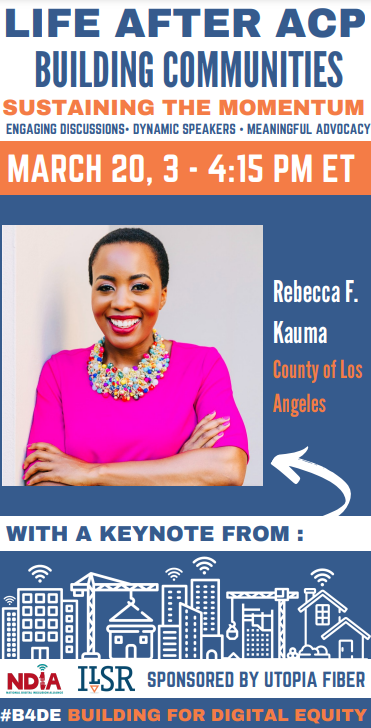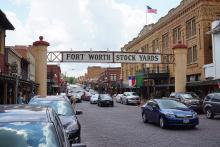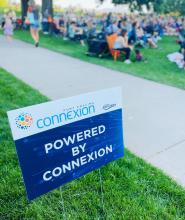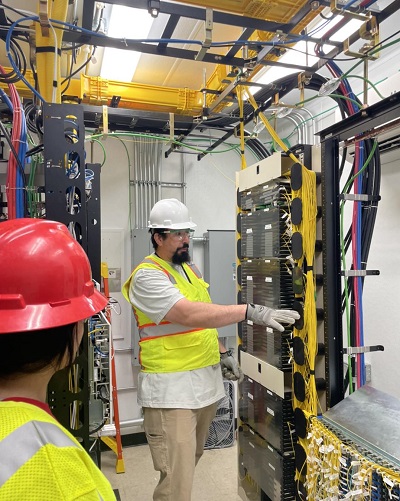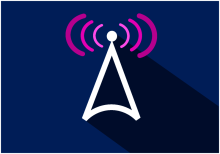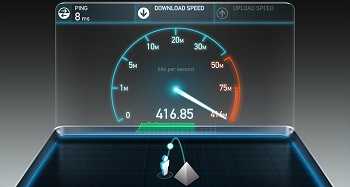Local Leaders Come Together in San Antonio to Nurture 'Ecosystem of Digital Opportunity'
Tomorrow, Gigi Sohn – one of the nation's premier broadband-for-all advocates and Executive Director of the American Association for Public Broadband (AAPB) – will join ILSR's Community Broadband Networks team and an emerging network of local digital inclusion champions in San Antonio to delve into what it takes to create an ecosystem for digital opportunity.
Hosted by the Digital Inclusion Alliance of San Antonio (DIASA) and the Texas Digital Equity Network (Texas DEN), the free event - "Eco-Bytes: Weaving the Digital Opportunity Web" - will be held on June 27, 2024 at the San Antonio Water System (SAWS) headquarters beginning at 8 am.
Similar to other ILSR Urban Digital Bootcamps in other cities across the nation, the agenda is packed with informative content designed to support community leaders working to close the digital divide in San Antonio.
The day will include interactive activities and opportunities for engaging conversations, as well as a fireside chat with Gigi and Institute for Local Self-Reliance (ILSR) Community Broadband Networks Initiative Director and event co-organizer Christopher Mitchell.
“I am thrilled to have the opportunity to visit San Antonio and the growing network of connectivity champions doing the important advocacy work for telecommunication policies and infrastructure investments that promote a healthy democracy and a just society," Sohn said.
“It’s vital that we foster community centric solutions that ensure everyone has access to the technologies necessary to fully participate in our society, our economy, our health care and education systems."
Event Highlights:






